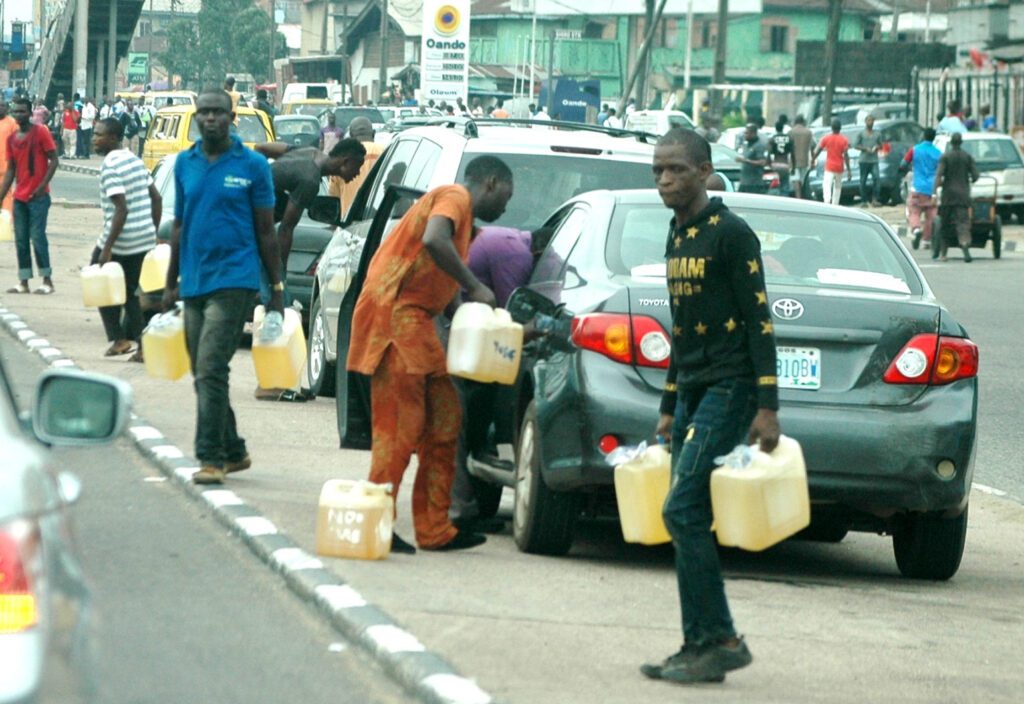High Food and Transport Costs Loom Large for Nigerians as Petrol Price Hikes Bite
As Nigerians struggle to make ends meet, the recent hike in the pump price of petrol has left many feeling the pinch. The sudden increase from N897 per litre to N1,030 per liter has sparked widespread concern among ordinary citizens, causing many to worry about the impact on their daily lives.
According to Dahiru Garba, an economic expert, the fuel price hike will push many more Nigerians into poverty. He pointed out that the sudden increase in petrol prices will have far-reaching implications for Nigeria’s private sector, trade, and the already struggling masses. Without government intervention, the economic and social repercussions will be severe and long-lasting, causing even more people to fall below the poverty line.
But it’s not just the macroeconomic implications that are causing concern. For ordinary Nigerians, the price hike is having a direct impact on their daily lives. Mary Chatta, a retired widow, laments the high cost of living, saying, “My children are not working, and they still depend on my pension which has not been increased according to the minimum wage act.” She urges the government to address the economic situation, noting that pensioners like herself also need support.
For Emeka Uzor, a taxi driver, the price hike has effectively wiped out his profit. “I will just stop this business and look for something else to do,” he said, lamenting that the current cost of fuel has made his transportation business unsustainable. As he put it, “From Banex to Gwarimpa is now N500, and it used to be N200, from Kubwa to Berger between N1,000 to N1,500 which is not supposed to be so.”
As the situation unfolds, ordinary Nigerians are struggling to make ends meet. With rising food and transport costs, the economic outlook appears bleak. The government’s response will be crucial in addressing the negative impact of the fuel price hike, but for now, many are left wondering how they will survive the coming months.
In this challenging environment, it is imperative for the government to take targeted measures to reduce the impact of the price hike. This could include incentives for energy efficiency, a halt to wasteful expenditure, and reducing the cost of governance. Anything less would leave the already vulnerable masses to face the brunt of the economic and social repercussions, pushing them further into poverty.
